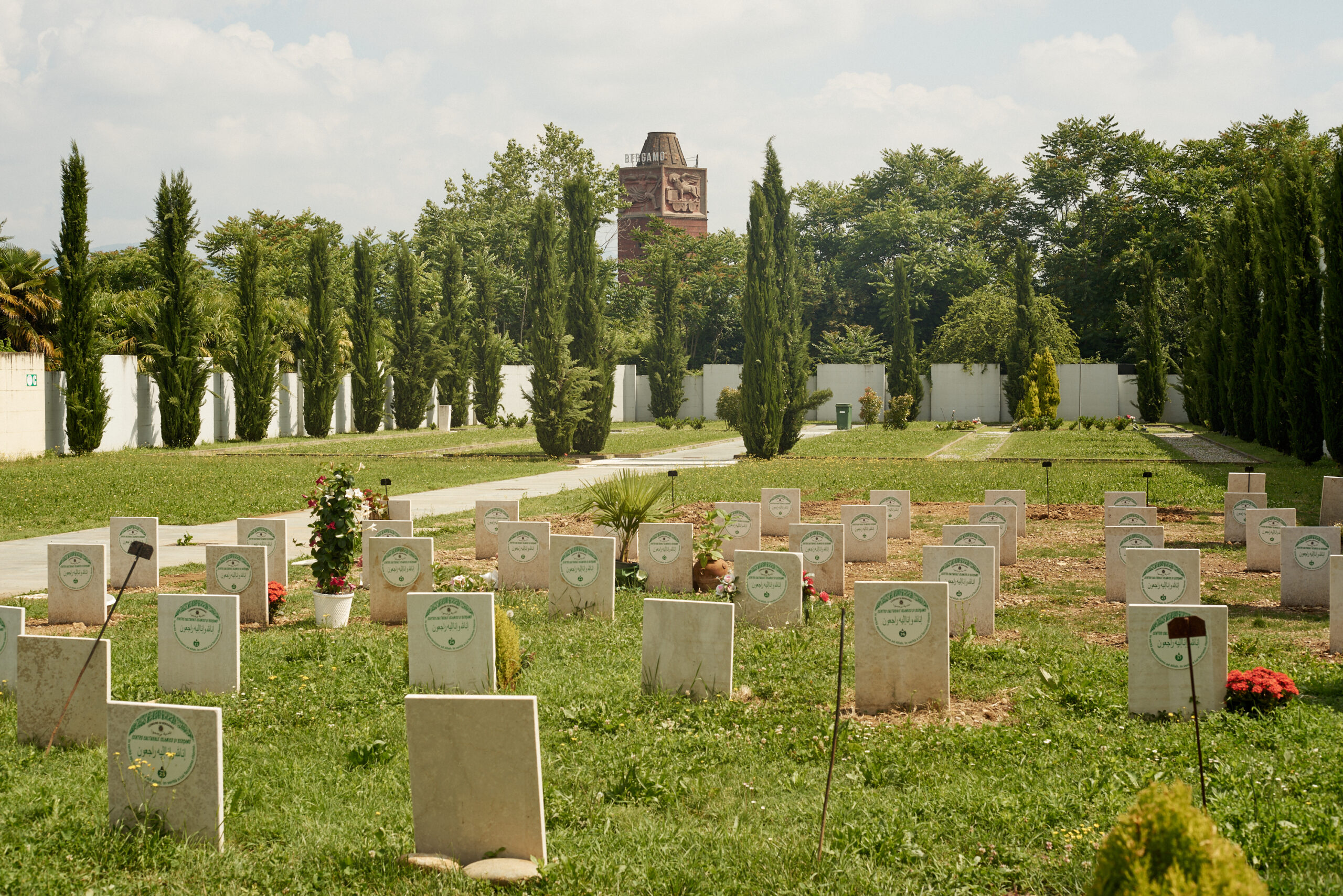This piece from the GroundTruth Project describes the struggle that Muslim families in Italy face as they deal with the loss of loved ones to COVID-19 and are unable to send the bodies back to their countries of origin or to find space for them to be buried locally. The author discusses regional efforts to build new cemeteries and make more burial plots available to Muslims.
In an entrance hall to Azzano San Paolo, Bergamo’s only Islamic cemetery, hang the names of 43 Muslim community members who died during this northern Italian city’s disastrous and dispiriting experience with the COVID-19 pandemic. Among those remembered are Jawad El Mehdi’s grandparents, Ahmad and Malika Jawad.
“They were the pillars of the Jawads,” said El Mehdi, a 21-year-old Italian who was born and raised in Bergamo. His grandparents emigrated from Casablanca, Morocco, in 1990. They are among the more than 16,800 people in Lombardy who died of complications related to COVID-19 since February.
While Jawad’s family was unable to provide his grandparents with a traditional Islamic funeral due to Italy’s lockdown measures, they had the rare luxury, for Italian Muslims, to be buried in an Islamic cemetery. Before the pandemic struck, fewer than 60 of Italy’s 7,903 municipalities had a dedicated Islamic cemetery, in a country that is home to more than 2 million Muslims.
The limited number of burial spots has to do with the peculiar relationship between Italy’s Muslim community and Italy’s local officials. According to a 2019 U.S. State Department report on religious freedom, there were “only five mosques that Italy’s regional governments and Muslim religious authorities both recognized.” The faith’s other 1,200 religious centers nationwide are registered simply as nongovernmental organizations.
Despite a push to fill that legal void in 2017, “Muslims continued to experience difficulties in acquiring permission from local governments to construct mosques or to continue operating existing ones,” the report said.
Sign up for updates
Explore Themes and Ideas































































